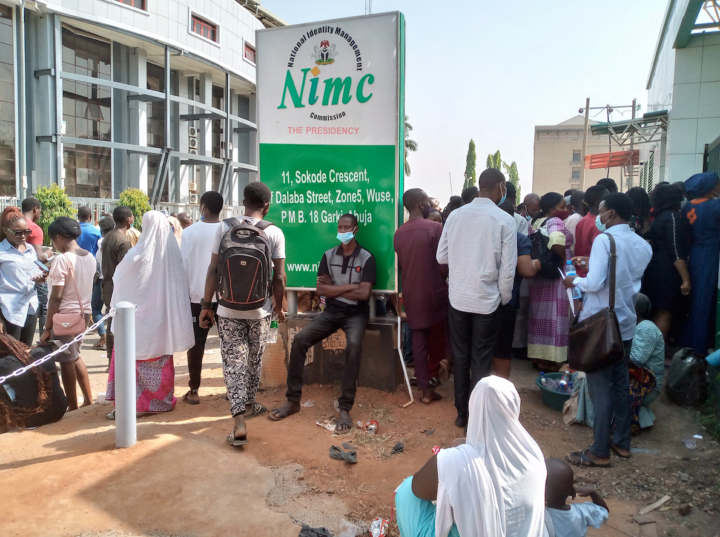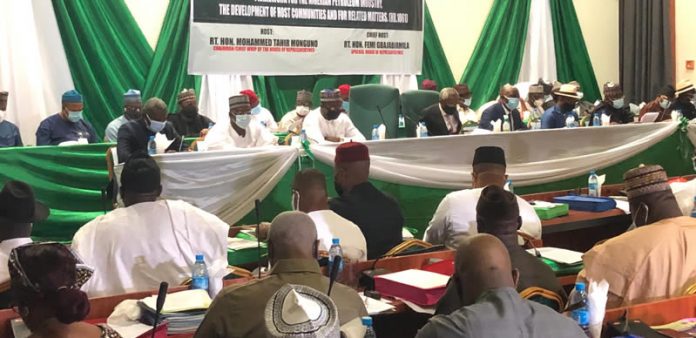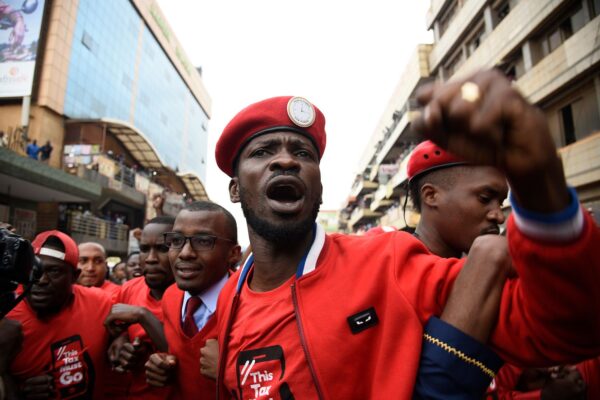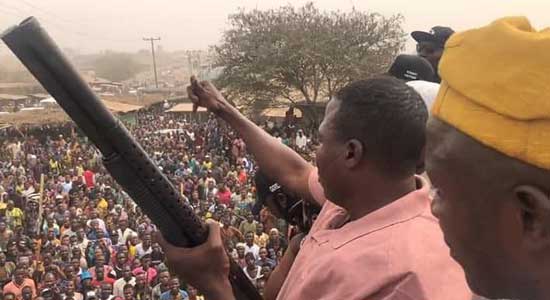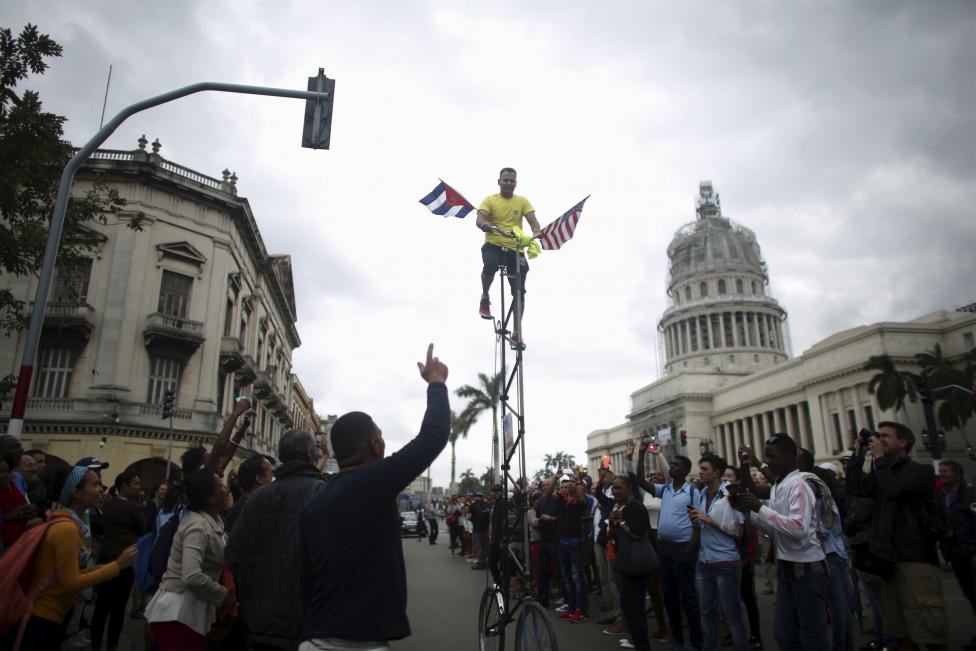Some little acts of benevolence are worth celebrating. At least from a government with the supercilious reasoning that if some relief in governance appear remotely in the horizon, the people need to lead an obsequious epiphany to the shrine of political patronage at the centre.
That, by the way, is my little acknowledgement that the statement, yesterday, informing that the government has granted another extension to the on-going SIM-NIN integration exercise, provides some measured relief. The statement jointly signed by Dr Ikechukwu Adinde, Director, Public Affairs, Nigerian Communications Commission (NCC), and Mr Kayode Adegoke, Head, Corporate Communications, National Identity Management Commission (NIMC), conveyed the extension by the Minister of Communications and Digital Economy, Dr Isa Ali Pantami during the meeting of the Ministerial Task Force on NIN-SIM registration, which held on Monday.
The extension is for another 8 weeks, thus pushing the deadline to April 6, 2021. The development may extend a whiff of comfort to a lot of people who have been trampling each other at registration centres in pursuit of the exercise. But it’s skin-deep. Superficial. For me, one of the most troubling developments in the life of this administration is the commencement of the SIM-NIN integration, an exercise occasioned importunately and whose danger, especially at this COVID-19 pandemic period, remains downplayed.
Images of people massing over each other haunt my nights. With COVID-19 doing silent killing across the land, most of them unannounced or undocumented, the cumulative calamity fueled by people called out by their government for an ill-timed but necessary assignment, is extensively destabilizing. Everywhere you turn in our nation there is trauma but the current data integration is akin to seeing death and a trusted ally encouraging you to hold it in your hands. An ally can be trusted sometimes but does this government enjoy enough trust to encourage people to walk into the precincts of death with a phantom project?
Advertisement
I expect to wake up from a long sleep one morning to listen to the government acknowledging its mistake concerning the exercise and announcing ways to remedy it in order to give every stakeholder some comfort. An industry source told me Monday morning that such expectation will never enjoy reality under this government. But the fact that an extension has been given twice is an acceptance in instalments that a wrong call was made. Unfortunately, that call has become very dangerous and nobody wants to admit the depth of danger it poses to the people.
Grim as the picture may look there were some little splash of sunlight over the weekend. Some sunlight troubled by a little overcast. A source told me that although about 45m NINs had been submitted by the Telcos, a figure that increased to over 58m on Monday, very little percentage of the figure, in fact, not up to one million had been verified. Meaning that it was going to take an indeterminate period of time for the verification to be carried out, that is, if you take into consideration that there are over 200m SIMs out there, most of them just doing their bit in some routers scattered across the land.
But there is something to give a little cheer. Apart from the increase in registration centres which the Minister spoke about in the statement from the meeting, my source told me that NIMC is ramping up capacity and should be able to do about 2m verifications daily. However that capacity has not been tested and the source prayed that politics wasn’t being played dangerously at this critical time.
Advertisement
But while life is important and so many of us worry that the data integration exercise poses too much danger to lives, a revered voice in the telecommunications industry, Engr Titi Omo-Ettu, of Telecom Answers and a former chairman of the Digital Bridge Institute (DBI), told this writer on Monday morning that people will get hurt now and the industry will get hurt progressively.
Engr Omo-Ettu raised the alarm that the action of the Minister in taking a commanding hold of the entire telecommunications industry, poses serious threat to the health of the sector and the huge investment it has attracted over the years. The game, according to him, is only starting but it is dangerous enough to “destroy the investment of the industry; it’s nothing we can see now but more in the future.”
Engr Omo-Ettu is not facile and has little reservations for opportunistic idiosyncrasies. He knew and worked in the telecommunications sector when the industry was small. He trained manpower and media personnel in readiness for an industry that held out promise. And was briefly Chairperson of DBI, the training school of the Nigerian Communications Commission.
Although we live in a country with little respect for track records, where politics supersedes knowledge, and loudmouths enjoy the appellation of the new patriots, the observations of Engr Omo-Ettu who is a rare industry gem is quite foreboding. Looking at the industry that attracted generous reviews from the rest of the world, he warned that the controlling power of the Minister on the industry which has no place in the Nigerian Communications Act, “holds nothing good for the industry. Until the industry dies people will not know.”
Advertisement
“For me, this is the first time a Minister will have a direct impact on the industry,” he said.
So, could the data capture, necessary as it is, be a huge smokescreen to mask the infernal battle to wrest control of the telecommunications industry? At what cost is this ignorance or is it a seeming power grab? Engr Omo-Ettu provides a soothing landing. “Technology is technology. History is history. All I can say is that our vision is still alive and nobody can kill it,” he said.
Okoh Aihe writes from Abuja.
Advertisement
Views expressed by contributors are strictly personal and not of TheCable.

